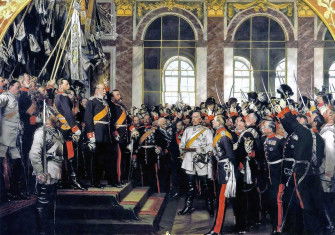A Turning Point in Arab-Israeli Relations?
2020’s Abraham Accords was described at the time as ‘historic’. Four experts consider whether it will lead to long-term change.

‘The Abraham Accords represent a shift in the policies of the Arab despots’
Avi Shlaim, Emeritus Professor of International Relations at the University of Oxford and author of The Iron Wall: Israel and the Arab World (Penguin, 2014)
In the second half of 2020 four Arab states signed the so-called Abraham Accords, normalising ties with Israel: the United Arab Emirates, Bahrain, Sudan and Morocco. Only Egypt and Jordan had previously concluded peace agreements with Israel. Was this a critical mass, a historic turning point in Arab-Israeli relations?
In my opinion the Abraham Accords do not merit the grand epithet of ‘historic’ because they do not touch the root cause of the Arab-Israeli conflict. The Palestinian problem is the core of this conflict and has been the central issue in Arab politics since 1945. Until very recently, there was a broad consensus in the Arab world in favour of an independent Palestinian state alongside Israel as the price of peace with the Jewish state.







